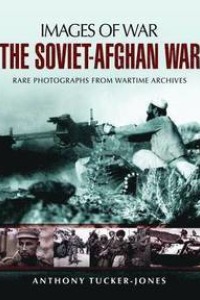
Liknande böcker
Battle on the Lomba 1987
Bok av David Mannall
As Cuban and Angola fighter pilots honed their skills over the skies of Northern Angola, David Mannall, a normal 17-year old kid completing High School, was preparing for two years of compulsory military service before beginning Tertiary education. Through a series of fateful twists he found himself leading soldiers in a number of full-scale armoured clashes including the largest and most decisive battle on African soil since World War II. The climactic death-throes of Soviet Communism during the 1980s included a last-gasp attempt at strategic franchise expansion in Southern Africa. Channelled through Castro's Cuba, oil-rich Angolan armed forces (FAPLA) received billions of dollars of advanced weaponry and intended to eradicate the US-backed Angolan opposition (UNITA), then push southwards into South Africa's protectorate SWA/Namibia, ostensibly as liberators. This is the David and Goliath story that, due to seismic political changes in the region, has never been truthfully told. The author lifts the hatch on his story of how Charlie Squadron, comprising just twelve 90mm AFVs crewed by 36 national servicemen, as part of the elite 61 Mechanised Battalion, engaged and effectively annihilated the giant FAPLA 47th Armoured Brigade in one day - 3 October 1987. Their 90mm cannons were never designed as tank-killers but any assurances that it would never be used against heavy armour were left in the classroom during the three-month operation and never more starkly than the decisive 'Battle on The Lomba River'. The Communist-backed offensive died that day along with hundreds of opposition fighters. 47th Brigade survivors abandoned their remaining equipment, fleeing north across the Lomba, eventually joining the 59th Brigade in what became a full-scale retreat of over ten thousand soldiers to Cuito Cuanevale. The myth perpetuated by post-apartheid politicians goes something like this""...the SADF force that destroyed 47th Brigade on 3 October numbered 6,000 men and that all the hard yards were run by the long suffering UNITA!"" The inconvenient truth is that there were just 36 South African boys on the frontline that day, but it is also true to say they would never have achieved such a stunning victory without the support of many more. This is their story.







